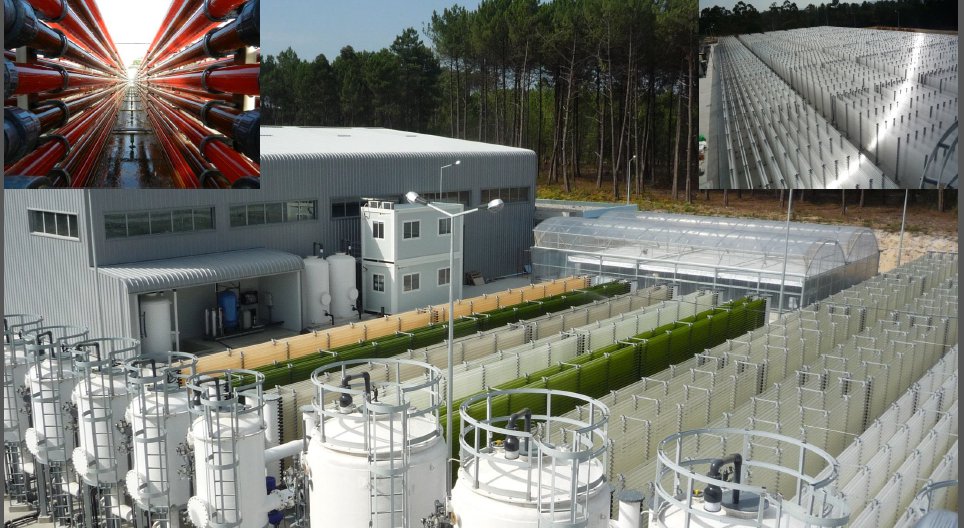MINNEAPOLIS–October 24, 2012–The Algae Biomass Organization today applauded the findings of a new National Research Council (NRC) report on the sustainability of algal fuels that definitively concluded that sustainability concerns are not a barrier to future growth.
According to the NRC report released today, “The committee does not consider any one of these sustainability concerns a definitive barrier to sustainable development of algal biofuels because mitigation strategies for each of those concerns have been proposed and are being developed.”
As the NRC notably pointed out in its report, there are five areas of “major” sustainability concern. The good news is that these are already being addressed by algal fuel producers and researchers.
- Water: Use of saline and non-potable or recycled water is essential to commercial algae production. According to a Pacific Northwest National Laboratories’ (PNNL) report, algal fuels grown in saline water from existing aquifers and recycling nutrients would be able to provide up to twice the goal for advanced biofuels set under the Energy Independence and Security Act goal (roughly 40 billion gallons or 20 percent of annual transportation fuel demand).
- Nutrients: Nutrient recycle and efficient use of resources are essential to achieving the techno-economics of energy production and producing a low carbon fuel. ABO members are piloting this technology today and the DOE and several universities have ongoing research in this area. As PNNL points out, use of nutrients is dramatically decreased when recycling is used. Nitrogen fertilizer consumption is reduced 98% and phosphorus fertilizer is reduced by more than 40%.
- Land Use: Again we agree land use is an important consideration. PNNL recently reported there are more than 89,000 suitable sites in the United States for open pond cultivation.
- Energy ROI: Industry leaders are already achieving the NRC report’s proposed benchmark for Energy Return on Investment (EROI) of 3x (3 units of energy produced per unit of energy input) in current algae biofuels production processes by recycling nutrients, producing biomethane from residual organics, and engineering designs that minimize energy use.
- GHG emissions lifecycle: By qualifying algae-based diesel as an Advanced Biofuel under the Renewable Fuel Standard, the US Environmental Protection Agency’s life cycle analysis found that algae-based diesel reduces greenhouse gas emissions by at least 50 percent, thus qualifying it as an Advanced Biofuel under the Renewable Fuel Standard.
With more than 150 companies and more than 60 labs and research facilities continuing to innovate the industry, and with pre-commercial facilities coming online in 2013, there’s no doubt that algal fuels will only become more economically and environmentally sustainable, and researchers will have more current and accurate data sets from which to make projections.
ABO does strongly agree with the NRC’s conclusion that additional research, development and innovation will continue to improve the sustainability of products derived from algae.
We hope that policymakers and others involved in the future of the domestic fuel industry will recognize the NRC’s conclusion that sustainability concerns are not a definitive barrier to future growth.
About the Algae Biomass Organization
The Algae Biomass Organization (ABO) is a 501 c(6) non-profit whose mission is to promote the development of viable commercial markets for renewable and sustainable commodities derived from algae. Its membership is comprised of people, companies and organizations across the value chain. More information about ABO, including its leadership, membership, costs, benefits and members and their affiliations, is available at the website:www.algaebiomass.org.
Contacts:
John Williams, Scoville Public Relations for ABO
206-625-0075 x1, jwilliams@scovillepr.com


